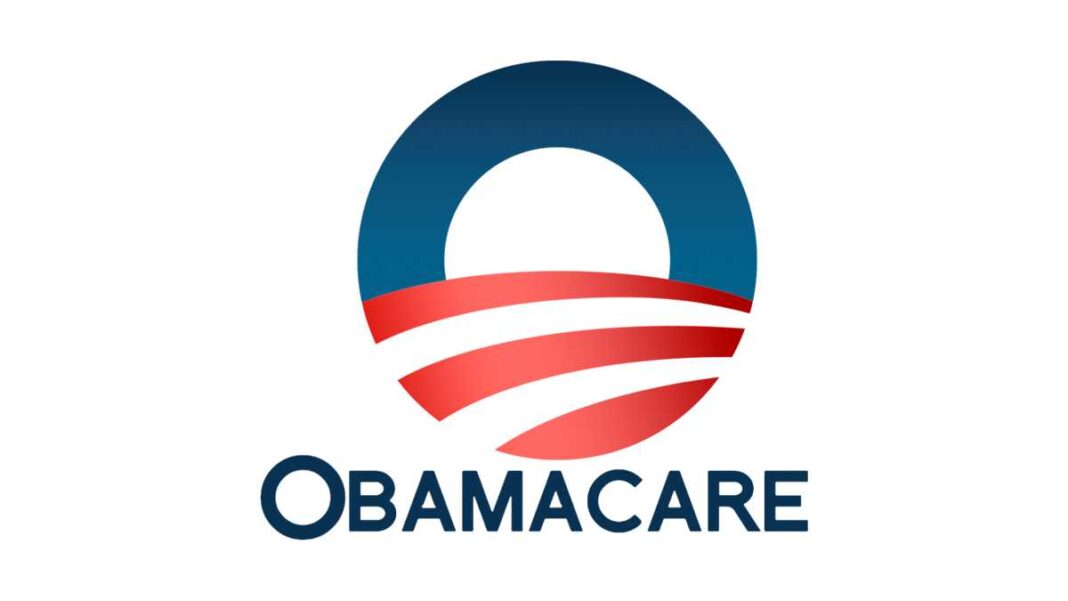Judges declined to block the mandate despite the ruling.
A federal appeals court has found an Affordable Care Act mandate unconstitutional, although it declined to block the requirement.
A panel of the U.S. Court of Appeals for the Fifth Circuit ruled on June 21 that the mandate requiring insurers to cover preventive services, such as cancer screenings and HIV prevention drugs, was unconstitutional because the task force issuing these requirements wasn’t appointed by the president or confirmed by the Senate.
The Affordable Care Act, commonly known as Obamacare, requires coverage of “preventative care” but doesn’t include a definition of that care. Instead, it requires coverage of preventative services and drugs that receive an A or B rating from the U.S. Preventive Services Task Force.
Members of the task force wield power akin to that of presidentially appointed officers but aren’t appointed by presidents. The task force is completely independent, issuing legally binding ratings without supervision, the panel found.
“The unreviewable power it wields—the power to issue preventive-care recommendations that insurers must cover by law—renders its members principal officers of the United States who have not been validly appointed under Article II of the United States Constitution,” U.S. Circuit Judge Don Willett wrote.
Health Secretary Xavier Becerra attempted to address the constitutional problems by issuing a post hoc ratification of the task force’s ratings. However, that memorandum has multiple defects, and the Affordable Care Act doesn’t authorize the health secretary to review or revise the ratings, according to the new ruling.
Gene Hamilton, an attorney with America First Legal representing Christian businesses that sued over the law, said in a statement that the ruling “is a victory for the Constitution, the rule of law, and every American who does not want unelected bureaucrats making decisions about their healthcare coverage.”
The Department of Health and Human Services didn’t respond to a request for comment.
The ruling only blocks the mandate for businesses that brought a lawsuit over the required coverage, although the case could ultimately lead to the coverage being struck down for all.







